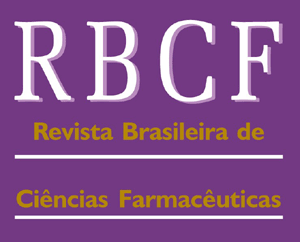Glutamine is the most abundant amino acid found in the blood and skeletal muscle, and is the principal energetic substrate for cells with a high turnover, such as enterocytes and leucocytes. Furthermore, glutamine is the most important amino acid that is passed to the foetus via the placenta, and together with glutamate, is the most abundant amino acid in maternal milk. Preterm infants suffer an abrupt interruption in the supply of glutamine via the placenta, which leads to an exclusive dependence on the endogenous synthesis or the exogenous supply of this amino acid. Preterm neonates (PT) as well as low-birth-weight neonates (LBW) frequently receive only total parenteral nutrition during their first weeks of life, which contains no glutamine. It must be pointed out that these infants present low muscular mass and that therefore, their stock of glutamine is limited. Because PT and BPN neonates are subject to intensive growth periods and numerous physiological stresses, it is possible that glutamine is a conditionally essential nutrient in this stage of life, thus giving foundation for the pursuit of studies aiming at the evaluation of the possible clinical benefits of enteral and parenteral supplementation with glutamine in PT and BPN neonates.
Glutamine; Supplementation; Neonate; Enteral nutrition; Parenteral nutrition




